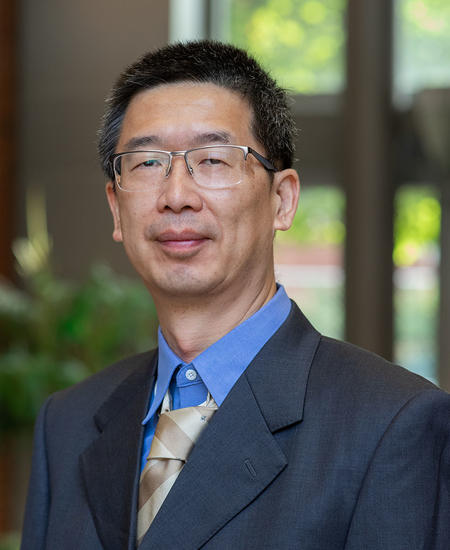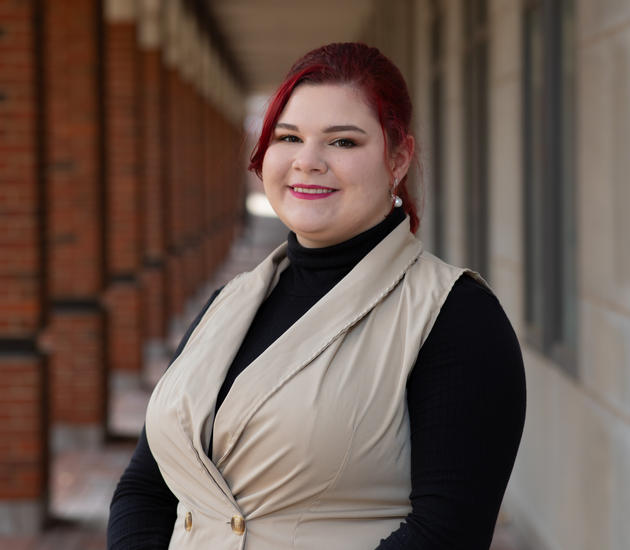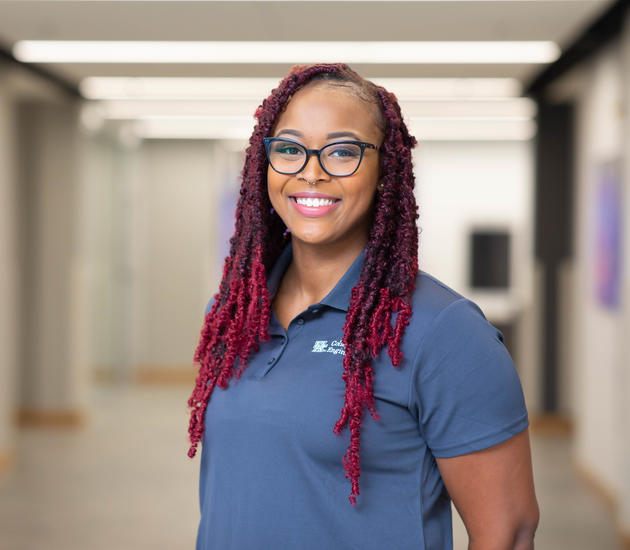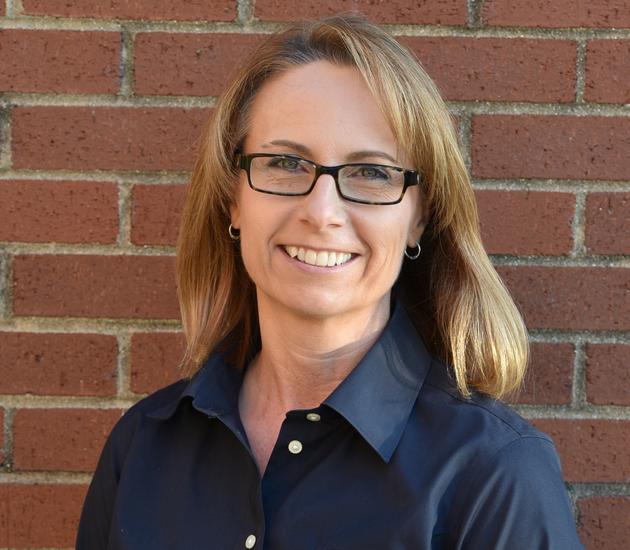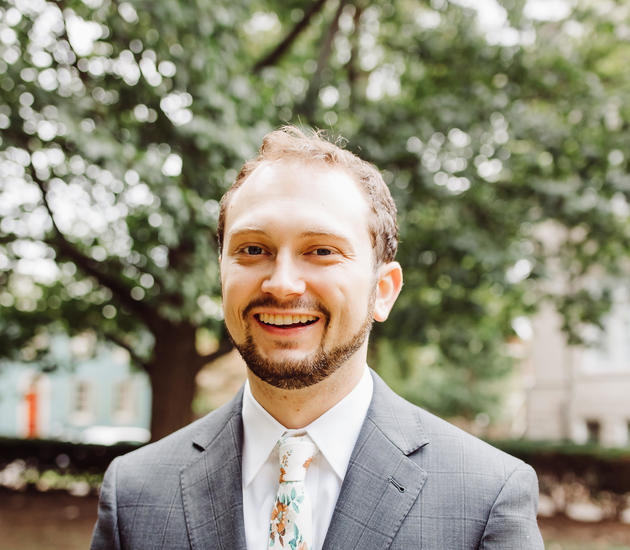Sheng Tong, Ph.D., joined the F. Joseph Halcomb III, M.D., Department of Biomedical Engineering this fall as associate professor. Prior to joining UK, he was a research associate professor in the Department of Biomedical Engineering at Rice University. To get to know Dr. Tong better, we present you a short interview with him on his research interests and life’s mission.
We are so glad to have you in the F. Joseph Halcomb III, M.D., Department of Biomedical Engineering at the University of Kentucky. To help colleagues and students to learn more about you and your research, can you tell us something about yourself, your research interest and expertise?
It’s a great pleasure to be part of the BME department at the University of Kentucky. I grew up in China, where I went to a college known for science and technology. My major was fluid mechanics, which covered classical aerodynamics and computational fluid mechanics of aircraft. After I graduated from college, I became more interested in fluid mechanics in the body, especially those related to disease. To pursue this goal, I went to the Department of Biomedical Engineering at Duke University for a Ph.D. There, I studied the transport phenomena in solid tumors. Since then, my research has been directed toward developing technologies that can overcome the biological barriers to disease treatment. My current research is focused on a few synergistic areas. The first is nanobiotechnology. I am interested in developing novel nanomaterials for controlling biological processes at microscopic scales. One example is the magnetic nanoparticles that can deliver mechanical or thermal cues to individual cells and molecules. The second area is drug and gene delivery, in particular, developing delivery platforms for in vivo genome editing. Lastly, I would like to apply these tools for cancer therapy. Currently, I am focusing on developing genome editing approaches for cancer immune checkpoint blockade therapies. In the meantime, I am open to collaboration in other areas where I can contribute my expertise in drug delivery and nanomedicine.
Would you give some brief highlights of the most exciting part of your research work? What impact would you like to make in terms of helping people and improving quality of life?
In the past few years, I teamed up with a virologist to develop a hybrid gene delivery platform that combines magnetic nanoparticles with a viral vector derived from an insect virus. Engineered viral vectors are known to transduce mammalian cells very efficiently. This hybrid system further adds controllability to the viral vectors by coupling them with magnetic nanomaterials that respond to external stimuli. We have shown that this system facilitates controllable in vivo genome editing. The study was highlighted in Science Translational Medicine and Nature Biomedical Engineering. I hope this platform can provide a cure for many genetic diseases—including cancer—since it has the potential to efficiently and safely modify disease-related genes in the patient’s body.
Looking ahead, what challenges do you see in realizing the impact you would like to make through your innovative research?
The major challenge for me is to assemble a multidisciplinary team. The research projects I am working on require expertise ranging from material synthesis, nanophysics, molecular cloning, virology to cancer immunology. I am seeking highly motivated and open-minded researchers to help me realize the promise of these projects.
As you are aware, UK has a unique academic infrastructure in terms of promoting biomedical research and healthcare treatment technologies. How would you like to contribute to promote in-depth engineering-medicine integration at UK?
I have worked at several major biomedical research institutes. My research has benefited tremendously from working with the researchers in other fields, including material scientists and clinicians. I envision this will continue at UK. My research, with its interdisciplinary nature and translational potential, will help establish valuable links between the engineering school and medical school. I hope I can help the research centers and facilities in the engineering school to understand and accommodate the needs of biology and medicine. I also hope to form multidisciplinary teams with researchers from all over the campus to overcome the challenges in cancer treatment.
You have been awarded a major research grant from NIH. What do you hope to achieve in your work to move the technologies you are developing closer to benefit patients?
I have received an R01 grant, “Controllable In Vivo Genome Editing for Immune-Checkpoint Blockade in Solid Tumors”, from NIBIB. This is a collaborative project with Dr. Gang Bao from Rice University and Dr. Cassian Yee from the University of Texas MD Anderson Cancer Center. The project aims to develop a therapeutic genome editing system, which packages the CRISPR/Cas9 system within baculoviral vectors (BV) and magnetic iron oxide nanoparticles (MNP). The CRISPR/Cas9 system is an efficient genome editing tool that can induce sequence-specific gene disruption, modification or regulation. But the short guide RNA that targets genomic loci can hybridize to DNA sequences containing base mismatches. This would lead to off-target activities and thus genotoxicity. This has been a big hurdle to the clinical translation of the genome-editing technique. Here we combine BV with MNPs so that the activities of the CRISPR/Cas9 system can be controlled by an external magnetic field. We hope this approach will make the CRISPR/Cas9-based genome editing safer and eventually become an option for clinical treatment of genetic disease. In this project, we will use it to target cancer and disrupt its multiple tumor defense mechanisms, thus freeing a cascade of antitumor immune responses. We hope this can help find a cure for cancers that do not respond to current antibody-based immune checkpoint blockade therapies.
How would you like to help students who are interested in biomedical engineering advance their learning and their career?
In my mind, the most important feature of biomedical engineering is to introduce quantitative engineering approaches into biology and medicine. It has two important meanings. The first is to have a clear understanding of the biomedical problems, especially clinically relevant problems. The second is to establish physiologically or pathologically correct models. I wish to help students on these two aspects via my teaching and research mentoring.
Is there any advice you would give to students or postdocs that you wish someone had given you when you were a student or postdoc?
Biomedical engineering is a multidisciplinary and fast-evolving field. In addition to working hard on your own project, it is important to learn what other people are doing from research seminars and conferences. It is also important to learn cutting-edge technologies. These will help you to grow your research area and remain competitive in the field.
What do you like to do outside your work? Any hobbies or leisure interests?
I have a rather sedentary life-style. My hobbies include reading novels and watch movies, mostly science fictions, and gardening. I also enjoy working with my daughter on her science projects.
